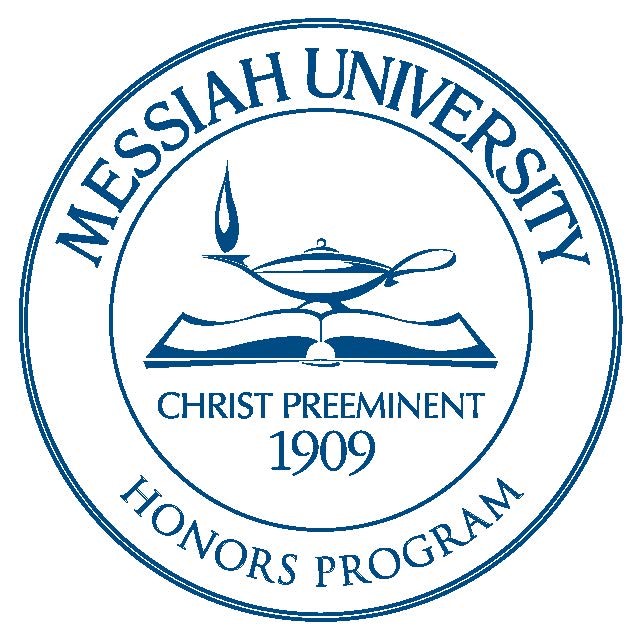Date of Award
2019
Document Type
Thesis
Department
Biological Sciences
Abstract
Pancreatic ductal adenocarcinoma (PDAC) is an extremely deadly cancer: the overall five-year survival rate is 8%. This is mainly due to the difficulty of diagnosing PDAC in its early stage: only 9% of patients are diagnosed with localized cancer. Cancer cells display rapid growth and cell division, due in part to oncogene activation and stimulation of mitogenic pathways. In PDAC, mutant K-ras, an oncogene and intracellular signaling protein, is present in 90% of all cases. Because of this high correlation and the role of mutant K-ras in PDAC, it has been repeatedly targeted for cancer therapy, but with little success. Interestingly, K-ras has been shown to increase gastrin expression in colon cancer. Gastrin is a peptide hormone also aberrantly expressed in PDAC cells. It plays a role in PDAC progression because it stimulates tumor cell proliferation in an autocrine manner, mediated through the gastrin receptor, CCK2R. It was hypothesized that K-ras increases gastrin expression in PDAC. Preliminary data showed the receptor, CCK2R, rather than gastrin, is upregulated by mutant K-ras. Further studies were undertaken using aggressive human pancreatic cancer cells as well as normal pancreatic ductal cells. No consistent pattern of altered CCK2R expression was observed, suggesting the preliminary data were not accurate. Additionally, COX-2, an enzyme downstream K-ras, showed no expression level changes after ”tampering” with gastrin/CCK2R signaling. However, gene expression levels and protein levels do not necessarily correlate. Western Blotting is currently being undertaken to determine if a correlation between K-ras activation and CCK2R exists at the protein level.
Recommended Citation
LaRow, Andrew and Harms, John F., "Clarifying the Connection Between Oncgenic KRAS and Gastrin/CCK2R Signaling in Pancreatic Tumorigensis" (2019). Honors Projects and Presentations: Undergraduate. 204.
https://mosaic.messiah.edu/honors/204


